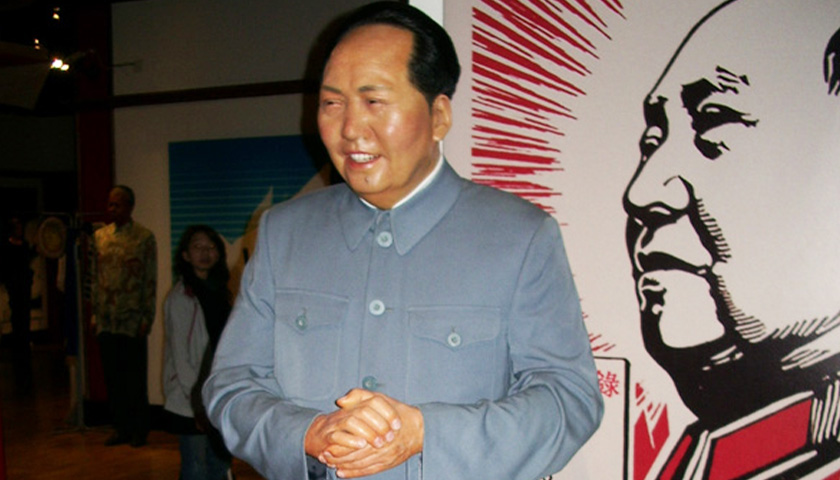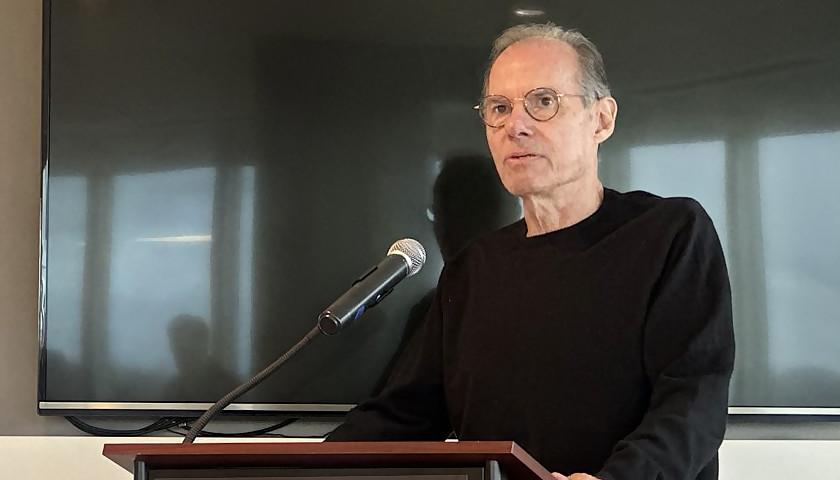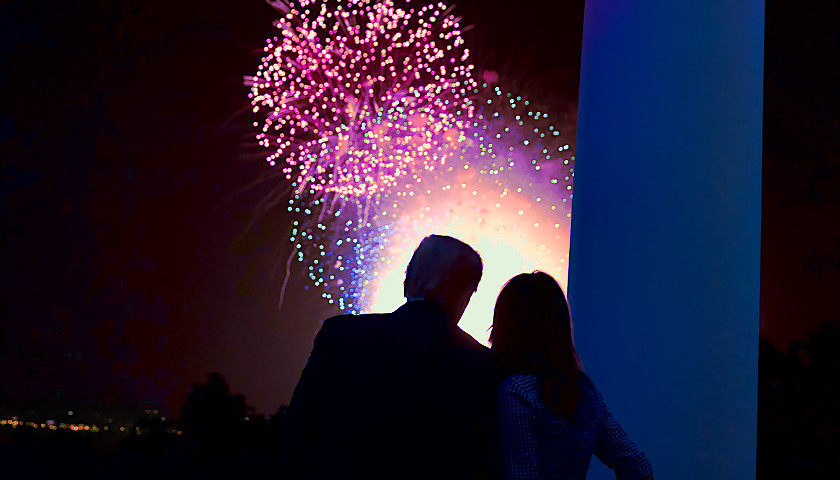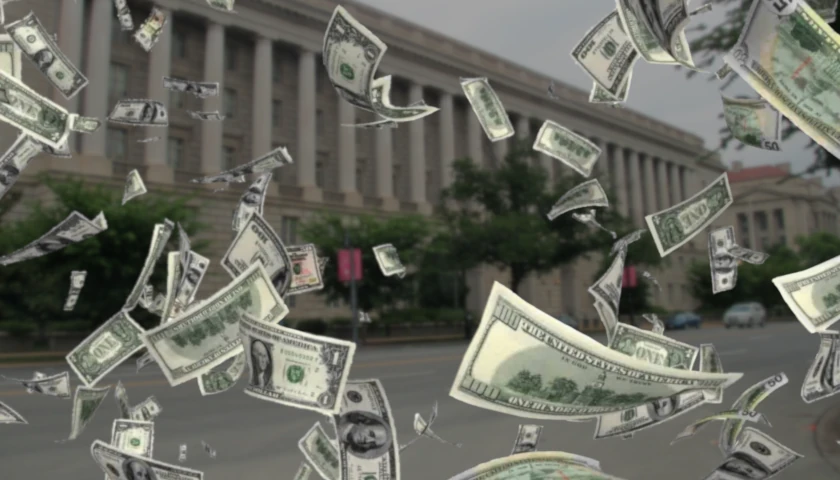by Barry Brownstein
When the recently deceased Canadian folk singer Gordon Lightfoot sang, “I heard you talking in your sleep… from your lips there came that secret I was not supposed to know,” he was talking about marital infidelity.
Not long after Chairman Mao came to power in China, idealistic college students learned that political fidelity to Mao and the Communist Party was the most important virtue they needed to demonstrate. Party or Youth League members were present at every meal and in every dorm room. Historian Frank Dikötter described in his book The Tragedy of Liberation, “These Communists took notes on the day and night behaviour of every student. Even the words of a student talking in his sleep were recorded and considered for political significance.”
Despite the stark lessons of history, Chinese youth are again gravitating towards Mao’s totalitarian gospel, seeing Mao “as a hero who speaks to their despair.” One 23-year-old tech editor explained Mao’s writing “offers spiritual relief to small town youth like me.” An earlier poll found 85 percent believed “Mao’s merits outweigh his faults.”
Sleep is not yet monitored in today’s America, yet some think “thought crimes” should be.
A Chinese-American academic, writing under the pseudonym of Xiao Li, pointed to similarities between Mao’s Cultural Revolution and today’s America. He observed, “The Red Guards of 1968 often came from privileged backgrounds.” These Red Guards, encouraged by Mao, “went out, seeking to root out imaginary class enemies from within.” Li’s father was tormented by bullies “for being descended from counter-revolutionaries”; his work assignment was reduced to picking up cow dung.
Today, Li observed, the West’s “revolutionary vanguard is also made up of young, well-educated people, a disproportionate number hailing from elite educational institutions and working within elite professions” who hunt for “secret racists.”
Li observed a further ominous parallel: “In China, no book, be it about astronomy or sewing patterns, could fail to contain an introduction with fulsome praise for Chairman Mao, complete with quotations from his collected works. Similarly, today [Western] businesses selling anything… feel the need to bend the metaphorical knee to the protesters.”
Before going down this Maoist path any further, we should review where it all began. There was never a honeymoon period; Mao was never a good guy whose revolution went tragically wrong. Mao was always a vicious totalitarian. The loss of tens of millions of lives was not unintended nor unpredictable.
In the 1940s, Yenan (Yan’an) was the epicenter of the Chinese Communist Revolution. In their searing biography of Mao, Jung Chang and Jon Halliday described how young idealistic volunteers were treated in 1943. Mao and his spy chief “devised a blanket accusation,” turning “virtually all the young volunteers into spy suspects.” All these potential “spies” were placed in confinement for “screening.”
Chang and Halliday explained that Mao “went far beyond anything either Hitler or Stalin achieved: he converted people’s colleagues into their jailers, with former colleagues, prisoners and jailers living in the same premises.” Mao’s terror “innovation” resulted in an enormous increase in repression:
In this way, Mao not only drove a massive wedge between people working and living side by side, he greatly enlarged the number of people directly involved in repression, including torture, making the orbit significantly wider than either Stalin or Hitler, who mostly used secret elites (KGB, Gestapo) that held their victims in separate and unseen locales.
The chief product of communism was not goods and services; it was “interrogations—and terrifying mass rallies, at which some young volunteers were forced to confess to being spies and to name others in front of large crowds who had been whipped into a frenzy.”
The dominant emotion produced by communists’ control was “fear,” which Chang and Halliday described as unbearable.
If you were not being interrogated or “hysterically” shouting slogans at rallies, you were “pounded flat at indoctrination meetings.” The few moments you had alone were “consumed… in writing ‘thought examinations.’” Mao’s orders were to “get everybody to write their thought examination, and write three times, five times, again and again … Tell everyone to spill out every single thing they have ever harboured that is not so good for the Party.”
Everyone became an informer, even reporting on themselves. Chang and Halliday related how “everybody was told to write down information passed unofficially by other people—termed “small broadcasts” by the regime.” One revolution veteran reported, “You had to write down what X or Y had said, as well as what you yourself had said which was supposed to be not so good.”
The criteria for “not so good” was “vague,” so “out of fear, people would err on the side of including more.”
Today, American progressives scour tweets for evidence of “small broadcasts.” You might put your job in jeopardy if you like a “not so good” social media post.
Mark Tykocinski, the president of Thomas Jefferson University and dean of its medical college, liked tweets that questioned COVID vaccines, gender reassignment surgery for children, and university diversity offices. Placing no value on freedom of speech, writing for the Philadelphia Inquirer, Pulitzer Prize-winning journalist Susan Snyder informed readers of what she thought were Tykocinski’s transgressions.
On contemporary American college campuses, students are encouraged to call “bias response teams” to denounce other students, professors, and guest speakers. Unlike in Mao’s China, they haven’t yet beaten a professor or speaker to death, but they disrupt speakers and threaten violence.
Today in America, in light of revelations of government spying on Americans, we hear those who blithely say, “I have nothing to hide.” These individuals have no idea of the freedoms they are forfeiting.
In Mao’s China, Chang and Halliday explained, “The concept of privacy could not be evoked, because a Communist was required to reject the private.” Any sign of resisting reporting was “considered ‘proof’ that the person resisting was a spy, on the specious grounds that: ‘If you are innocent, there should be nothing that cannot be reported to the Party.’”
As Mao’s orders were implemented at one college, a man quipped, “Do we have to write down our pillow talk with our wives at night?” He was soon judged to be a spy, as were all but one of his college’s teaching and administrative staff.
Chang and Halliday reported how Mao broke the bonds of trust and prevented the exchange of views:
By suppressing “small broadcasts,” [Mao] also plugged what was virtually the only unofficial source of information, in a context where he completely controlled all other channels. No outside press was available, and no one had access to a radio. Nor could letters be exchanged with the outside world, including one’s family: any communication from a Nationalist area was evidence of espionage.
Under Mao, independent thinking was dead; “indoctrination and terror turned the lively young volunteers…into robots.”
Irony, satire, and humor were criminalized; these offenses were called “Speaking Weird Words.” Mao wanted robotic machines. Chang and Halliday observed, “He did not want active, willing cooperation (willingness, after all, could be withdrawn). He did not want volunteers. He needed a machine, so that when he pressed the button, all its cogs would operate in unison.”
In 1944 when journalists were admitted into Yenan, one described “an eerie uniformity.” The journalist wrote, “If you ask the same question of twenty or thirty people, from intellectuals to workers [on any topic] their replies are always more or less the same … Even questions about love, there seems to be a point of view that has been decided by meetings.”
These eager volunteers and students “collectively and wholeheartedly denied the Party had any direct authority over their thoughts.” In the same way, some Americans don’t worry about invasions of privacy and free speech.
Still to come were countless millions of people dying during the Great Leap Forward and Cultural Revolution. Ten years after the events described in Chang and Halliday’s book, Mao’s totalitarian blueprint was implemented in all of China. Dikötter related, “ideological education now became the norm, as sessions of self-criticism, self-condemnation and self-exposure followed one another, day in, day out, until all resistance was crushed and the individual was broken, ready to serve the collective.”
Everyone had to give damning details about family and friends. Dikötter related, “Even transitory, fleeting impressions were to be captured and scrutinised, as they often revealed the hidden bourgeois underneath a mask of socialist conformity.”
Hatred joined fear as the dominant emotions; love and compassion were crowded out. Dikötter described the sad reality of a Maoist country made mad by hate:
[Buddhist] monks, like teachers, professors, engineers or entrepreneurs, had to reform themselves, denounce each other, abandon their ‘feudal ideology’ and demonstrate their hatred towards class enemies. Gone was the idea of compassion and kindness extended to all living beings.
Without freedom of thought, progress is impossible. When human beings have no freedom to flourish, hatred triumphs over love. Maoism brought death and destruction; today’s Maoists will do the same.
– – –
Barry Brownstein is professor emeritus of economics and leadership at the University of Baltimore.
To receive Barry’s essays subscribe at his Substack, Mindset Shifts.
His essays also appear at the American Institute for Economic Research, Intellectual Takeout, Learn Liberty, The Epoch Times and many other publications. Barry’s essays have been translated into many languages, most frequently Spanish and Portuguese. He is the author of The Inner-Work of Leadership.
Barry holds a Ph.D. in economics from Rutgers University and a B.S. in mathematical statistics from CCNY.
Photo “Mao Zedong” by Scarlet Sappho. CC BY-SA 2.0.








